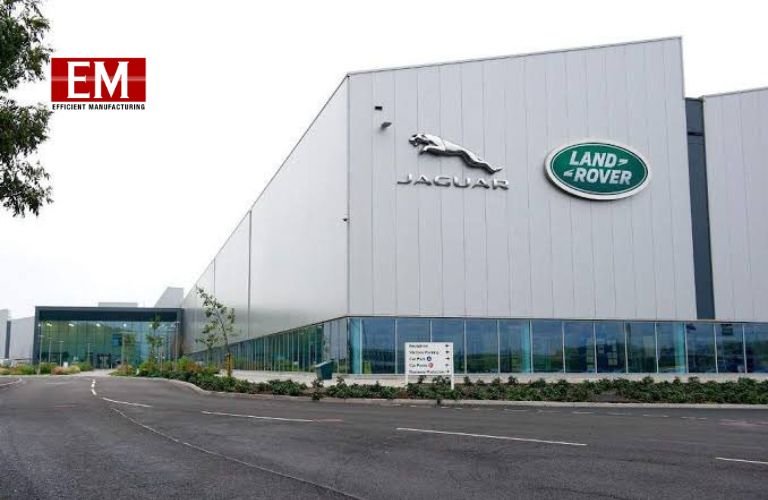Jaguar Land Rover (JLR), a subsidiary of Tata Motors, is poised to strengthen its footprint in India with a new local assembly facility in Ranipet, Tamil Nadu, scheduled to commence operations by early 2026. This significant development aligns with the group’s strategic manufacturing expansion plan and marks a crucial step toward localising high-end vehicle production, with a strong emphasis on electric mobility in the future.
The upcoming plant, part of Tata Motors’ ₹9,000 crore investment blueprint, will initially focus on Completely Knocked Down (CKD) operations of select JLR models, including the Range Rover Evoque and Range Rover Velar. The first phase is expected to roll out approximately 500 units per month, eventually ramping up to 2,500–3,000 units monthly. Designed with a production capacity of 30,000 units annually, the facility is spread across 470 acres, of which 70 acres are dedicated solely to JLR’s CKD operations.
This move brings numerous benefits to both the company and the Indian automotive sector. Local assembly will significantly reduce import costs, enhance price competitiveness, and offer quicker delivery timelines for customers. It will also support Tata’s broader Make in India agenda, generating employment opportunities and strengthening the domestic auto component supply chain.
The second phase of the project, which is likely to commence after the 2026 Tamil Nadu assembly elections, will further elevate the facility’s scale. With a proposed capacity of 250,000 units per annum, the expanded plant will focus on manufacturing electric vehicles (EVs) for both JLR and Tata Motors. This phase is crucial in anticipation of increasing EV demand, and aligns with Tata’s ambition to become a global leader in clean mobility solutions.
The strategic decision to set up operations in Tamil Nadu also leverages the state’s well-established automotive ecosystem, skilled workforce, and proactive industrial policies. Furthermore, the timing aligns with the anticipated UK–India Free Trade Agreement (FTA), which could open up additional export opportunities for JLR from India, further enhancing the project’s global significance.
This dual-purpose facility is expected to serve as a central manufacturing hub for Tata’s upcoming EV platforms and JLR’s premium vehicles. By converging luxury and sustainability in one location, Tata is not only redefining automotive production standards in India but also positioning itself at the forefront of future mobility trends.
In summary, JLR’s new Tamil Nadu plant marks a transformative milestone for the Indian automotive industry. It reinforces Tata’s commitment to localisation, electrification, and global competitiveness, setting the stage for a new era of innovation-driven manufacturing in the country.












